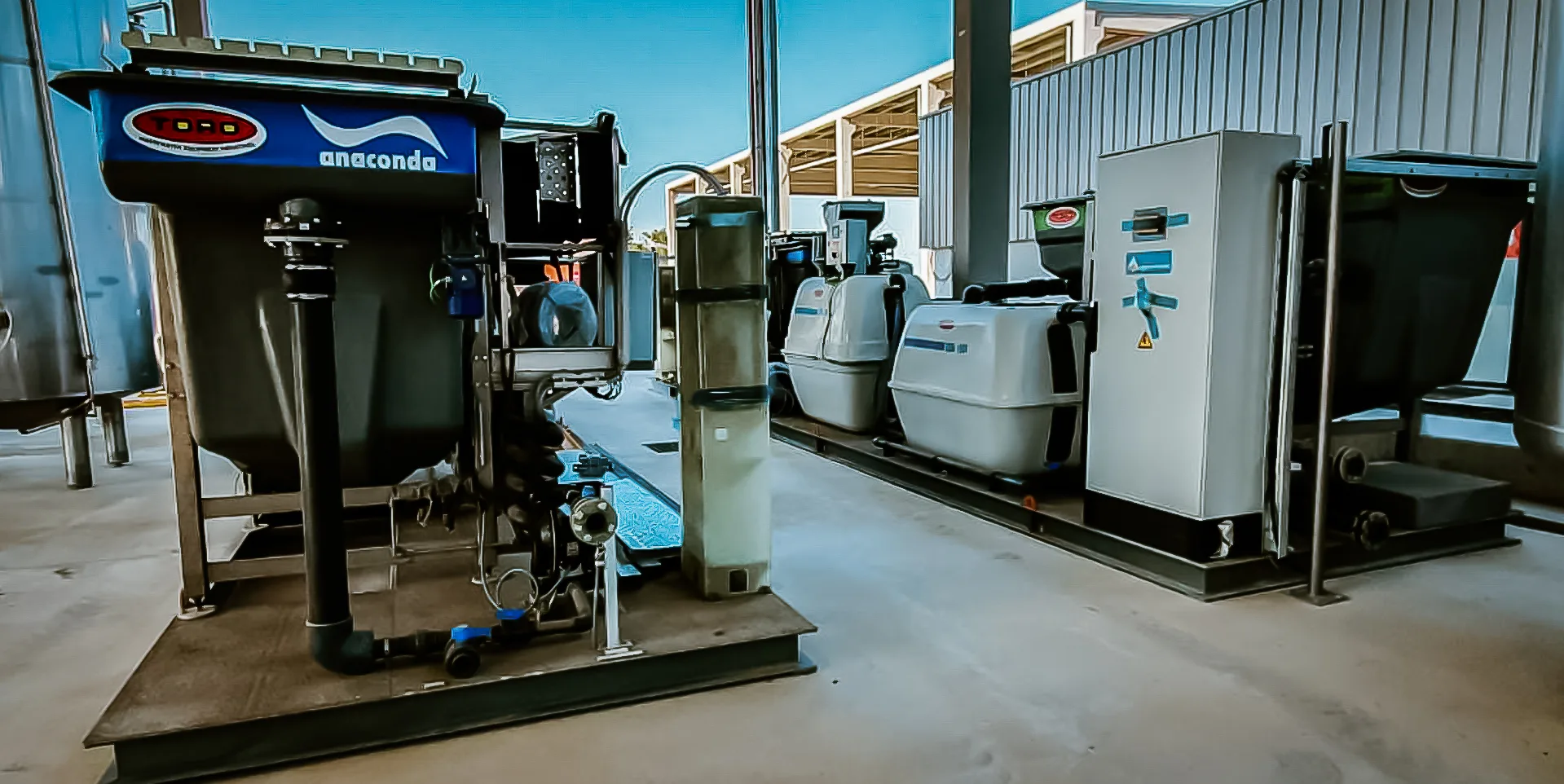

Natural water purification.
Natural water purification processes play a crucial role in maintaining the quality and sustainability of freshwater sources. In the natural environment, various mechanisms work together to cleanse water, ensuring its safety for both human and ecosystem use. Understanding these natural processes is essential for appreciating the intricate balance that exists in the water cycle.
1. **Filtration through Soil and Aquatic Plants:**
– In natural watersheds, soil acts as a natural filter, trapping sediments and impurities as water percolates through the ground.
– Aquatic plants, such as reeds and cattails, contribute to water purification by absorbing nutrients and contaminants, promoting the physical and chemical filtration of water.
2. **Microbial Action:**
– Microorganisms like bacteria and algae play a vital role in breaking down organic matter and metabolizing pollutants in water bodies.
– Wetlands, acting as natural biofilters, provide an environment where beneficial microbes thrive, enhancing the purification of water.
3. **Solar Distillation:**
– Solar radiation drives the evaporation of water from surface bodies like lakes and oceans, leaving impurities behind.
– The condensed water vapor forms clouds and eventually precipitates as rain or snow, providing a natural distillation process that results in cleaner water.
4. **River Dilution and Mixing:**
– Rivers naturally dilute pollutants by constantly flowing and mixing water from various sources.
– The movement and turbulence in rivers contribute to the dispersion of contaminants, reducing their concentration downstream.
5. **Biological Uptake:**
– Fish and other aquatic organisms contribute to water purification by consuming plankton, bacteria, and organic matter.
– The excretion of nutrients by these organisms further stimulates microbial activity, promoting a natural balance within aquatic ecosystems.
6. **Groundwater Recharge:**
– As rainwater infiltrates the ground, it undergoes natural filtration, removing impurities before replenishing underground aquifers.
– Groundwater acts as a significant source of clean water, sustaining wells and springs.
Understanding and preserving these natural water purification processes are essential for maintaining the health of ecosystems and ensuring a sustainable supply of clean water for both human consumption and ecological balance. Emphasizing the protection and restoration of natural habitats contributes to the overall well-being of water resources.